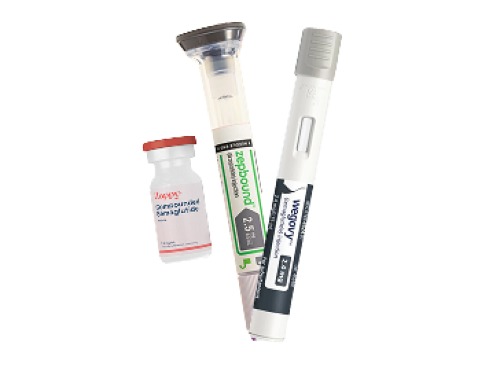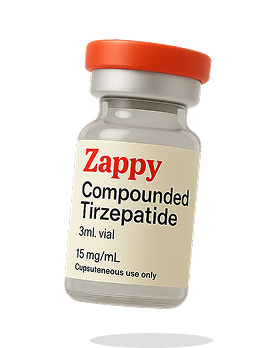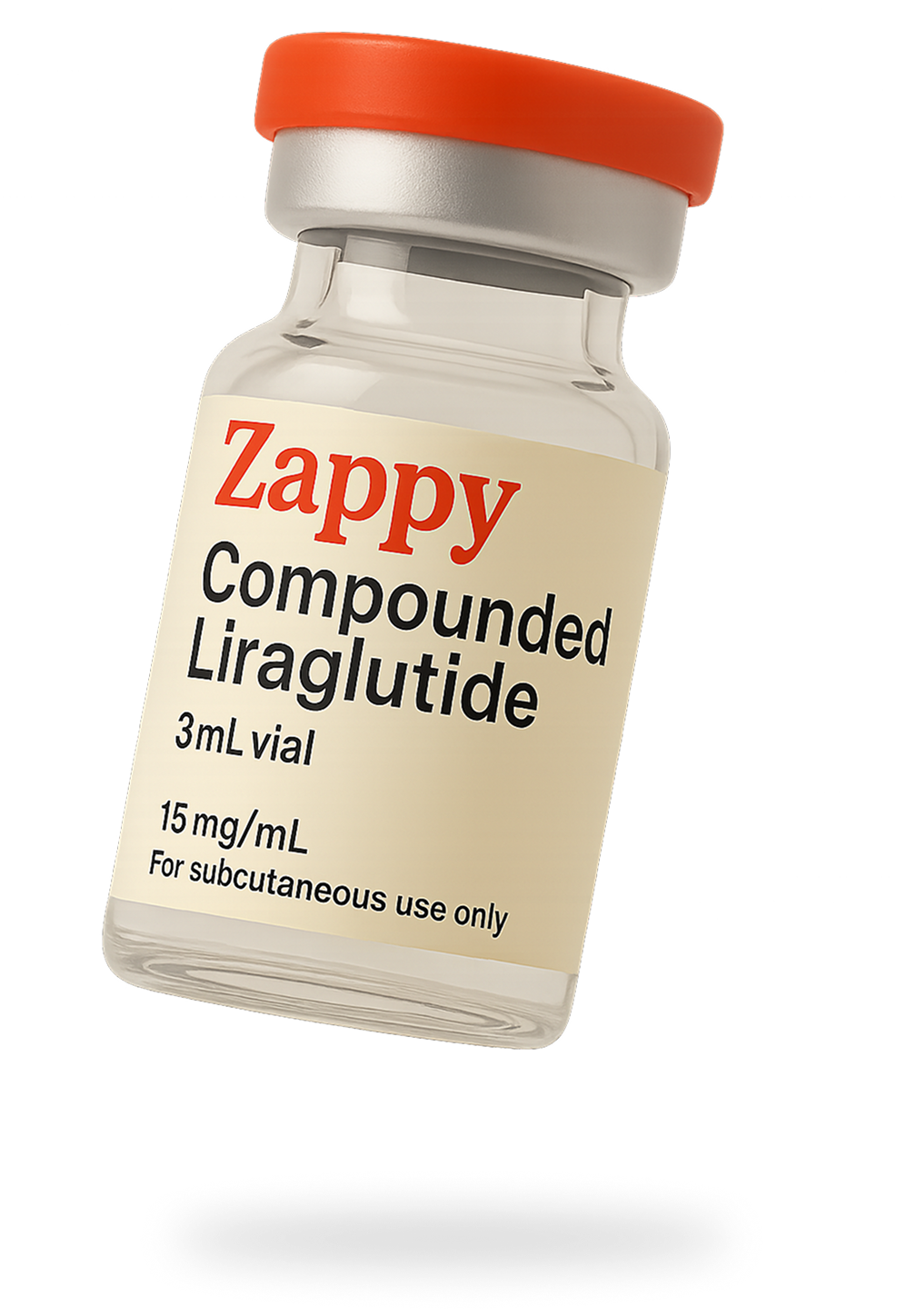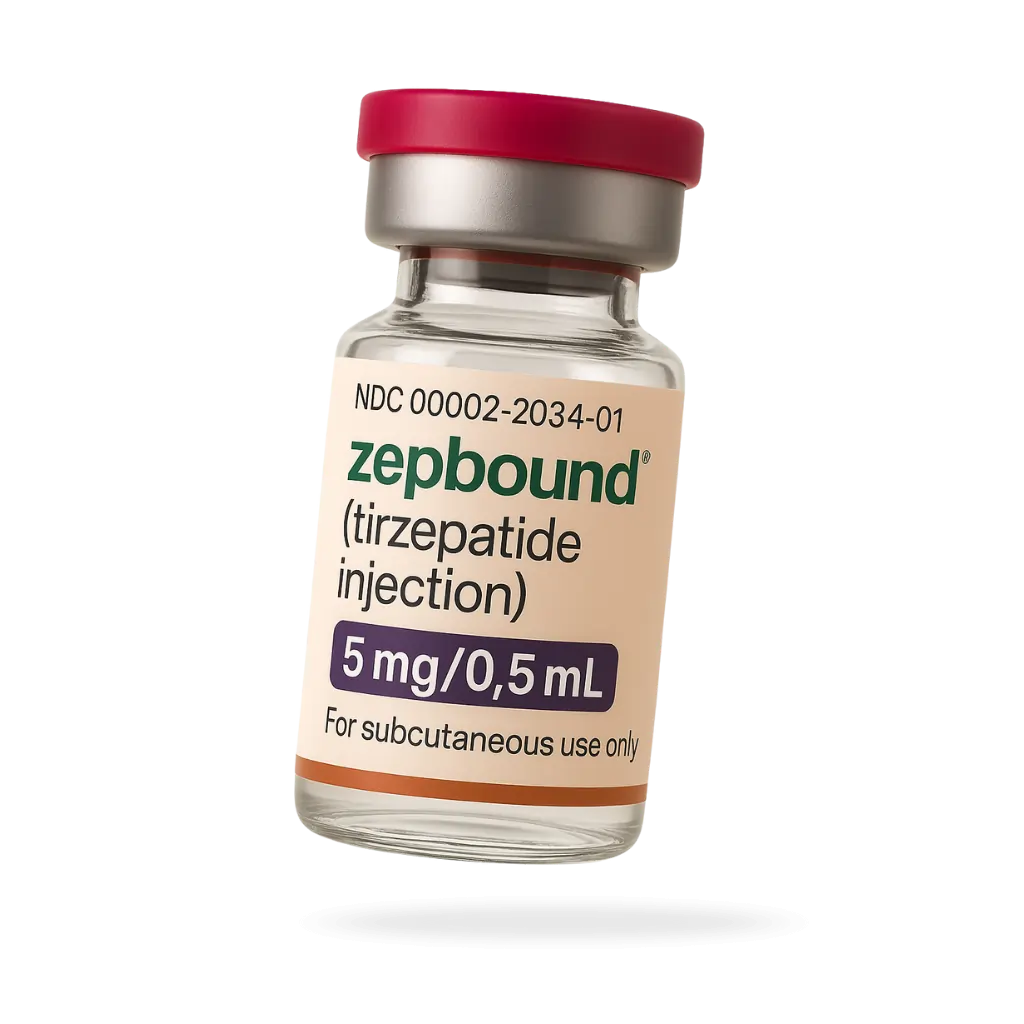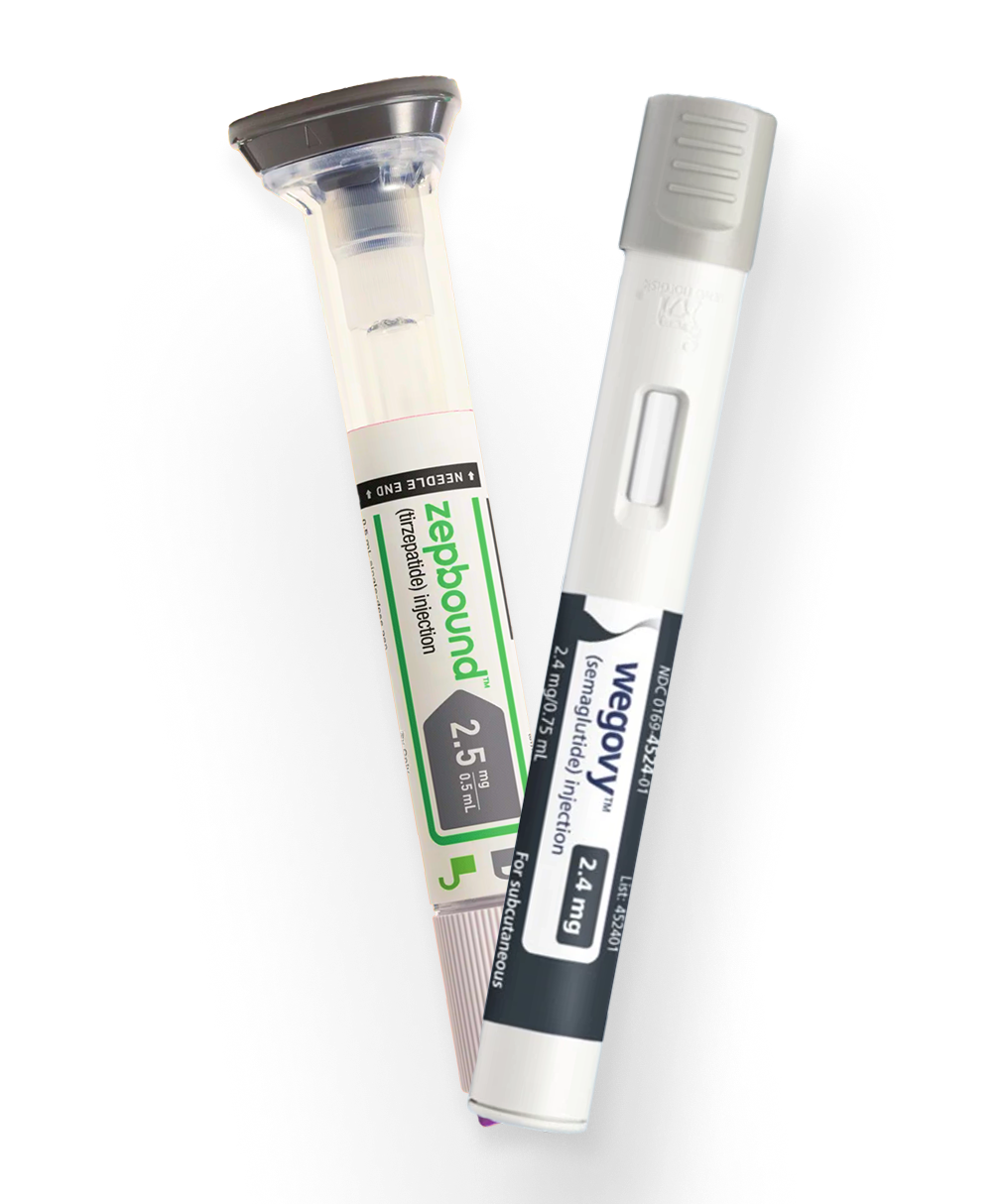Introduction
Before starting a biotin weight loss program, you will want to know if it really works, how it works, if it will suit your specific needs, and the adverse effects to expect. If these are your thoughts, then you are in the right place. Does biotin help with weight loss? Can Biotin help with weight loss? Before we answer this question, let us first look at the functions of biotin in the body and how it works.
Biotin, also known as vitamin B7, belongs to the group of vitamins called water-soluble vitamins. That means it is not stored in the body. Biotin can be obtained from foods such as bananas, milk, and eggs. People with low levels of biotin usually come down with rough skin, red scaly rash on the mouth, nose, and eyes, hair loss, and severe obesity.
There are several functions of biotin. The most essential one when it concerns weight loss is metabolism. Several metabolic pathways in the body are regulated by biotin. Biotin helps in metabolizing fats, amino acids, and carbohydrates. During these metabolic processes, food is converted into energy for the body’s needs.
Exploring the Link Between Biotin and Weight Loss
Since biotin is an enzyme that fuels metabolic processes, people often believe that having adequate amounts of biotin in the body will increase metabolism, leading to weight loss. Also, since people with severe obesity also have biotin deficiency, people think that supplementing with biotin will cause weight loss. For that reason, some people go as far as taking a 10000 mcg biotin weight loss supplement. However, all these thoughts are misconceptions.
There is no scientific evidence to support these claims of biotin and weight loss or using biotin for weight loss. That is because taking biotin supplements has not been found to assist in weight loss. Biotin aids in Gluconeogenesis (production of glucose by the liver and kidneys), fatty acid synthesis (making fatty acids), and amino acid catabolism (breaking down amino acids).
Is Biotin Supplementation Right for You?
Is biotin good for weight loss? Biotin supplements have not been found to help people with obesity achieve weight loss. Biotin supplements may be useful for some other medical conditions. For those with diabetes, it was discovered that biotin supplements help to manage their symptoms by reducing their blood sugar levels. Biotin supplements were also found to assist in promoting hair growth and useful for those with alopecia.

Those with brittle nails, acne scarring, and dermatitis will also benefit from biotin supplements. Since most pregnant women have mild biotin deficiencies, supplementing it is essential during pregnancy. At Zappy Health, we always advise that you should consult a doctor before you go on biotin supplements. The doctor will examine and investigate your condition to establish the presence of biotin deficiency before advising you on taking the supplement.
Certain natural food sources are very rich in biotin. These foods include liver, egg yolk, broccoli, lentils, peanuts, soybeans, beans, sunflower seeds, almonds, avocados, bananas, sweet potatoes, mushrooms, tomatoes, almonds, and yeast. Consuming these foods will provide your body with a sufficient and natural supply of biotin.
Vitamins That Could Influence Weight Management
There are several other vitamins that could play roles in weight management. Such vitamins include;
- Vitamin D: The concept of vitamin D in weight management is controversial. Although some researchers claim that vitamin D is beneficial to achieve weight loss, others argue that it has no effect on weight loss. Vitamin D boosts your immunity and provides stronger bones and teeth. Several studies have been done on the effect of vitamin D on weight loss. Some say it increases serotonin levels leading to better sleep, lower appetite, increased satiety, caloric deficit and lower body weight. Others claim that vitamin D suppresses fat cell storage and reduces the accumulation of fat. Vitamin D was also found to stimulate higher testosterone levels. Testosterone has been found to be beneficial in achieving and sustaining weight loss.
- Vitamin B12: Research concerning the effects of vitamin B12 and weight loss also came out with mixed outcomes. Some claim that vitamin B12 deficiency is linked to obesity and fat accumulation and that giving vitamin B12 supplements results in weight loss. Others argue that these were not human studies and that high-quality research needs to be done to confirm it.
- Vitamin C: Vitamin C also known as ascorbic acid has been found by some researchers to help in burning calories. Current studies prove that this strong antioxidant has an inverse relationship with body mass index. That means, the higher the plasma levels of ascorbic acid in your body, the lower your BMI and vice versa.
- Vitamin E: This is another supplement that elicited conflicting views from researchers with regard to weight loss. While some claim that it could help with weight loss by reducing oxidative stress and fat accumulation, others argue that it has no significant effect on weight, body mass index, and waist circumference.
- Vitamin B1: Also known as thiamine, this vitamin assists in your body’s metabolic function. It helps your body to convert carbohydrates into energy. Although it aids in carbohydrate metabolism, there is no strong scientific evidence to confirm that it will help you achieve weight loss.
- Vitamin B3: Another name for this vitamin is Niacin. Studies show that this vitamin increases your body’s sensitivity to insulin and may be synergistic with other weight loss medications to aid weight loss through glucose metabolism. Some also claim that Vitamin B3 helps to regulate cholesterol levels.

Managing Potential Side Effects of Biotin
Potential side effects of biotin supplements include; skin irritations, increased thirst, excessive urination, depression, tiredness, insomnia, poor muscle tone, seizures, drug interactions, etc. If you notice any of these symptoms or other symptoms you feel may be related to biotin supplements, discontinue the drug and consult a doctor. Although biotin is a supplement, we always advise that you consult a doctor before taking these supplements. If you are presently taking other medications, inform your doctor about them. Your doctor will assess your general health condition and offer the best advice concerning it.
Final Thoughts on Biotin and Weight Management
Will biotin help with weight loss? From the above findings, you can agree with us that there is no substantial scientific evidence to support the claims of a biotin weight loss supplement. Also, it is essential to note that biotin deficiency is rare in the general population because we tend to consume this vitamin from one or more of our daily diets. If you are in search of assistance during your weight loss journey, contact us at Zappy Health. We will share with you scientifically proven approaches for successful weight loss.
Frequently Asked Questions
-
Does Biotin Lighten Skin?
There is conflicting evidence suggesting the effects of biotin on the skin. While some suggest that it may lead to skin lightening, others argue that the effect of biotin on skin lightening can not be proven.
-
Does Biotin Cause Gain Weight or Weight Loss?
Some people ask, does biotin cause weight gain or weight loss? It is essential to know that biotin does not have any caloric value. As such, it will not cause weight gain. Also, there is no scientific study to confirm that taking biotin can stimulate weight gain. Additionally, evidence is not strong enough to link biotin and weight loss.

